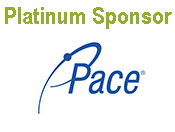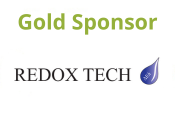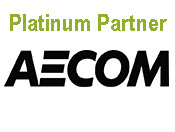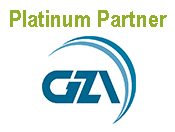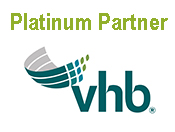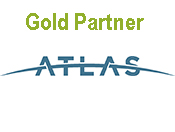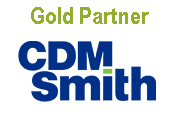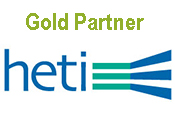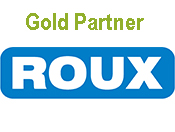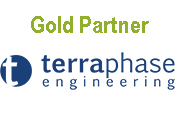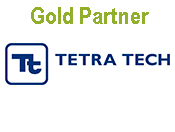September 24, 2020
Re: Final PFAS Maximum Contaminant Level (MCL) and Updates
Dear Public Water Suppliers:
On October 2, 2020, the Massachusetts Department of Environmental Protection (MassDEP) will publish final regulations establishing a drinking water standard, or a Maximum Contaminant Level (MCL), for the sum of six per- and polyfluoroalkyl substances (PFAS). The MCL is 20 parts per trillion (ppt) for what the regulations call PFAS6, or the sum of six PFAS compounds: perfluorooctanesulfonic acid (PFOS), perfluorooctanoic acid (PFOA), perfluorohexane sulfonic acid (PFHxS), perfluorononanoic acid (PFNA), perfluoroheptanoic acid (PFHpA), and perfluorodecanoic acid (PFDA). PFAS are a family of chemicals widely used since the 1950s to manufacture common consumer products. They have been linked to a variety of health risks, particularly in women who are pregnant or nursing, and in infants. In using the sum of six PFAS compounds, the new standard protects public health for sensitive subgroups including pregnant women, nursing mothers and infants.
Of special interest in the new regulations, Public Water Supplies (PWS) in the Community (COM) and Non-Transient Non-Community (NTNC) categories will begin quarterly sampling for PFAS6:
- Large COM PWS (>50,000 population) - 1/1/2021
- Medium PWS (>10,000 & <=50,000 population) - 4/1/2021
- Small COM and NTNC PWS (<=10,000 population) - 10/1/2021
Transient Non-Community (TNC) PWS are not subject to the PFAS MCL requirements, but they are required under the regulations to collect one PFAS6 sample by September 30, 2022. Case-specific health assessments of drinking water PFAS6 concentrations at TNC systems can be required under existing authority.
To assist public water suppliers in preparing for and implementing the new PFAS regulations, the Baker-Polito Administration provided funding to MassDEP in the FY 2020 Supplemental Budget for testing for PFAS. I encourage all Public Water Suppliers (PWS) to take full advantage of the Commonwealth's Free PFAS Lab Analyses Program to conduct sampling and analyses for PFAS in your public water system. Testing for PFAS may also enable communities to take advantage of limited funding programs providing grants for remediation design and zero percent loans for construction. The Administration has announced more than $1.9 million in awards to 10 public water supply systems - Ayer, Westfield, Barnstable and Hyannis, Hudson, Millbury, Barnstable and Cummaquid, Acton, Easton, Devens, and Braintree, Holbrook and Randolph - to support their efforts to address PFAS contamination and design treatment systems to eliminate it in their drinking water.
PWS can sign up for free PFAS laboratory analyses at
https://www.surveymonkey.com/r/S7QHNF2, or can send a request with the information described in the survey (e.g. PWS name, PWS ID#, # of sources already tested, number of sources to be tested, and system population) to
[email protected], Subject: "PFAS free lab analyses."
If you have any questions please contact me or the MassDEP Drinking Water Program at
[email protected]
Sincerely,
Yvette DePeiza
Director, Drinking Water Program
MassDEP/BWR

